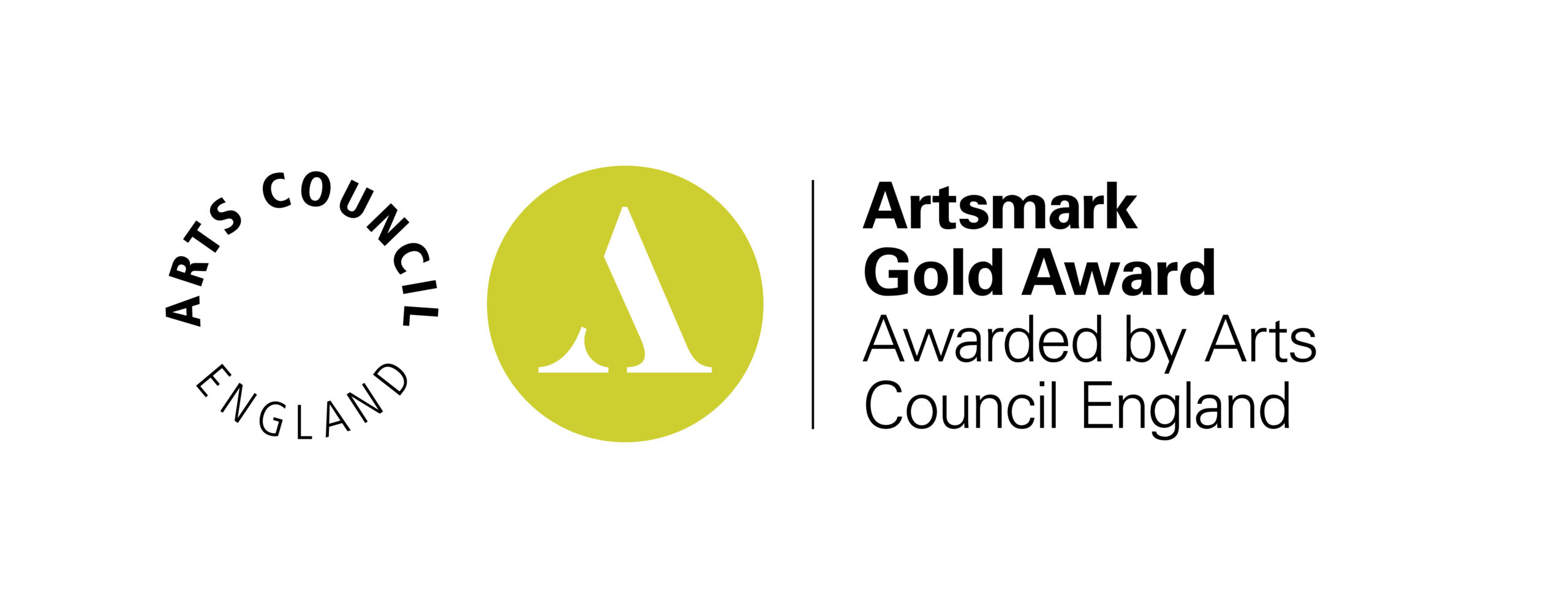To support our students who will be taking exams this summer, we are sharing information, hints, tips and links to websites that can help with revision.
We also understand that exams come with some pressure and this can lead to some stress and anxiety – we will attempt to support by providing information and links to great resources that may be useful at this time.
Revision tip 1: Avoid passive revision
The best revision methods involve being active. Passively reading through notes and books is a very poor method of revision and is very ineffective in helping students to understand or remember.
A really effective revision strategy is to use flashcards (which you can pick up for about £3 for 100 at Amazon). On these cards, you can make very specific but brief notes on one area. Try to structure them so that you:
- allow room to add to your notes
- write the subject area clearly at the top
- number or colour code the cards as you start to build up more of a collection
Making your notes in this way helps you to commit the content to memory more easily, and is a very active and effective way of learning.
Revision tip 2: Using mind-maps
Another useful revision tip is to use mind-maps to help with committing your notes to memory. Creating a coloured mind-map allows students to make notes in a different form and also provides a more visually engaging way of revising those notes.
How to do it:
- write the main topic in the middle of the page and draw a ring around it
- use different colours for each key point that comes off the main topic in separate branches
- ensure key words and phrases stand out
- look for links between the different branches and show these
It can also help some students to use symbols/images for key ideas so they stand out.
Find examples of mind-maps at: www.mindmapping.com and https://bubbl.us/
Revision tip 3: Using acronyms
A great revision tip and memory technique is using acronyms to support recall of your notes. Acronyms are created by the first letters of a series of words such as ‘Action on Smoking and Health’, which becomes ASH.
Acronyms are an effective way of summarising a lot of information in a very concise form so great for revising. In English students use DAFOREST to remember persuasive writing techniques. Why not try and create acronyms for other subject areas, such as an acronym for remembering the causes of global warming? For the key Presidents in USA 1920-73? For the different types of nutrition?
Once you have created an acronym, use post-it-notes to constantly remind yourself of the word/s and the meaning of each letter. This will help embed it within your long-term memory and be able to recall this if needed in an exam.
Revision tip 4: Resources can be found on exam board websites
A handy tip for your revision is to explore the websites of the exam boards who will be setting this summer’s exams. A lot of materials on the exam board websites can be accessed without having to use a login and password. There are many useful resources on there, including past exam papers or sample papers, mark schemes with suggestions of what should be included for each question, information on grade boundaries, and study guides for specific texts or subject areas.
The main exam boards are AQA, OCR and Edexcel. If you are not sure which exam board to refer to, check with your teacher or email the head of faculty – contact details can be found on the academy website.
Revision tip 5: Using your brain effectively
As we approach the main exam season and revision is in full-flow, here are 5 great tips for using your brain effectively:
- Repetition – information is more likely to be stored in your long term memory if it is repeated. Base your revision around repeating key information
- Spaced repetition – increase the amount of time between repetitions: a few minutes; a couple of days; a week. This will help your brain remember.
- Take regular breaks – for every 20 minutes revision, give yourself a 5 minute break to allow your brain to digest and sort the information.
- Avoid distractions – your brain will take in whatever is around you; this can disrupt the storing of subject knowledge. Find a quiet place with no distractions, including phones!
- Sleep – your brain needs sleep to sort through and store the day’s information. If you do not get enough sleep, you will be tired but also you also will not remembered as much.
Revision tip 6: Learn from your mock results
It might sound like an obvious statement, but learning from your performance in mock exams is a great way of understanding where there may be gaps in your subject knowledge. When you receive your mocks back, review and outline what your revision focus needs to be.
If it was a particular question, speak to your teacher or go to the exams board website for further examples and practise these. Where it is an area of subject knowledge that is missing or weak, using mind-maps and revision cards can help you to review this and identify ways in which to improve.
Another idea is to complete the mock again and/or the specific questions causing concern using your notes.
Useful links
- Creating the perfect revision timetable (link here)
- Coping with exams (link to Childline site)
- Effective learning and revision strategies (link here)





